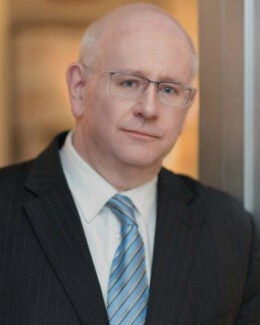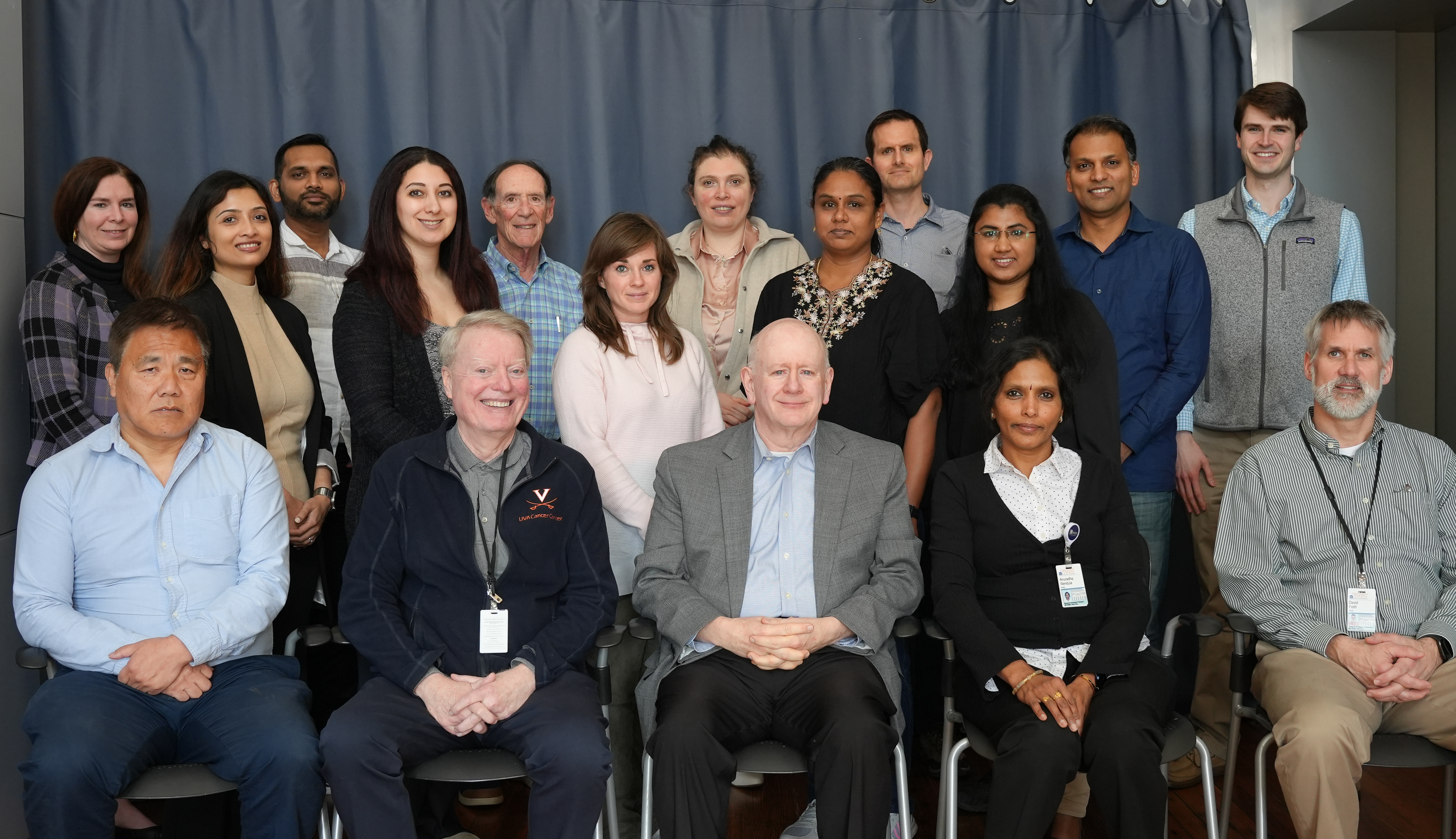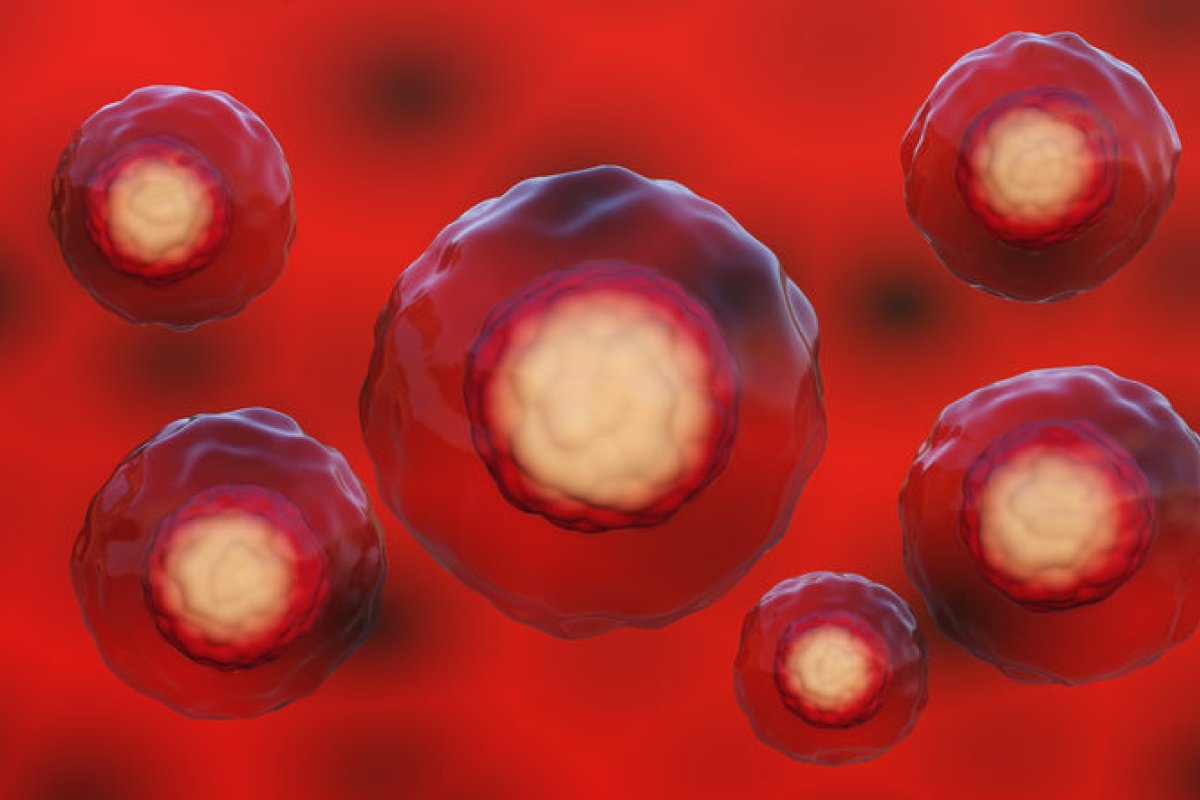Forward Momentum
The anonymous donors whose support launched UVA Cancer Center’s Translational Orphan Blood Cancer Research Initiative (TOBCRI) in 2022 have committed more than $6 million in additional funds to continue the program’s momentum. The TOBCRI has already yielded significant progress toward helping doctors better understand and treat peripheral and cutaneous T-cell lymphoma (PTCL and CTCL) and large granular lymphocyte leukemia (LGLL). These cancers are considered “orphaned diseases” or neglected because their rarity means doctors and scientists often struggle to find funding for potentially life-saving research.
The TOBCRI is giving new hope to patients with these diseases thanks to visionary donors and the leadership of co-directors Owen A. O’Connor, MD, PhD, an American Cancer Society Professor responsible for the invention and development of multiple blood cancer drugs, and Thomas P. Loughran Jr., MD, the director of UVA Cancer Center and discoverer of LGLL.
“The generosity of these donors has enabled the TOBCRI to produce scientific advances exceeding even our most ambitious expectations. The discovery and development of several new drugs, new instrumentation to measure those drugs, and recruitment of dedicated and specialized scientists have positioned us as global leaders in this field,” said Dr. O’Connor. “We are incredibly grateful for their ongoing support and confidence in our efforts.”

New Treatments, New Hope
PTCL and CTCL represent a rare and heterogeneous group of blood cancers now widely regarded as having the worst prognoses of any blood cancer. Meanwhile, LGLL has no cure, and many patients do not respond well to existing treatments.
The TOBCRI is having success in developing new treatments for these diseases by targeting their complex biological roots and leveraging new technologies and advancements in precision medicine and nanomedicine.
Since the TOBCRI’s launch, Dr. O’Connor and the team have already developed several new drugs and the initiative’s first combinatorial nanotherapeutic. Dr. O'Connor said two of these drugs are “clinic ready” and poised to start helping patients in the very near future. However, translating new treatments from the laboratory through clinical trials and, ultimately, to the patients who need them most is a long and arduous process requiring a team experienced in the intricate nuances of obtaining regulatory approval for a drug for a rare disease. That’s why discretionary research support, like this new gift to the TOBCRI, is so vital and impactful.
“Thanks to this support, we can continue to make progress toward solutions for rare blood cancers by boldly and quickly pursuing new experimental directions and following our creative instincts,” said David J. Feith, PhD, a TOBCRI research collaborator and director of Dr. Loughran’s LGLL lab.
In addition to producing new drugs for the most challenging blood cancers, the team’s work has opened an unexpected door to treat other cancers like pancreas cancer and acute myeloid leukemia, said Dr. O’Connor. “Our interest in targeting the disrupted biology of PTCL has shown us that other cancers sharing this abnormal biology may also be sensitive to our new drugs,” he said. “By following the science, we are now poised to extend our research to help patients with other high-risk malignancies.”

Support Begets Support
The TOBCRI team’s groundbreaking research and prominence in the field have led to additional support from other renowned agencies and foundations. For example, earlier this year, Dr. Loughran and collaborator Aakrosh Ratan, PhD, successfully renewed a $3.4 million grant from the National Cancer Institute to study the genomic architecture of LGLL, and Dr O’Connor received the American Cancer Society (ACS) Professorship for a second time. This, the most prestigious award granted by the ACS, comes with ten years of grant funding and a lifetime privilege of using the title ACS Professor. As such, it is reserved for vanguards of cancer science, people who go on to win Nobel prizes, and individuals with “histories of pioneering, influential work and mentoring that’s continuing to change the direction of cancer research,” according to Bill Dahut, MD, the ACS’s chief scientific officer of discovery science. Dr. O’Connor was first named an ACS Research Professor in 2018.
“These new research funding awards and philanthropic investments are a testament to the unique resources and expertise of our groups as well as the progress we have made and will continue to make on behalf of patients battling these rare blood cancers,” said Dr. Loughran.
Learn how to support UVA Cancer Center’s groundbreaking research by contacting us at uvacancercenter@virginia.edu or 434.924.1871.

